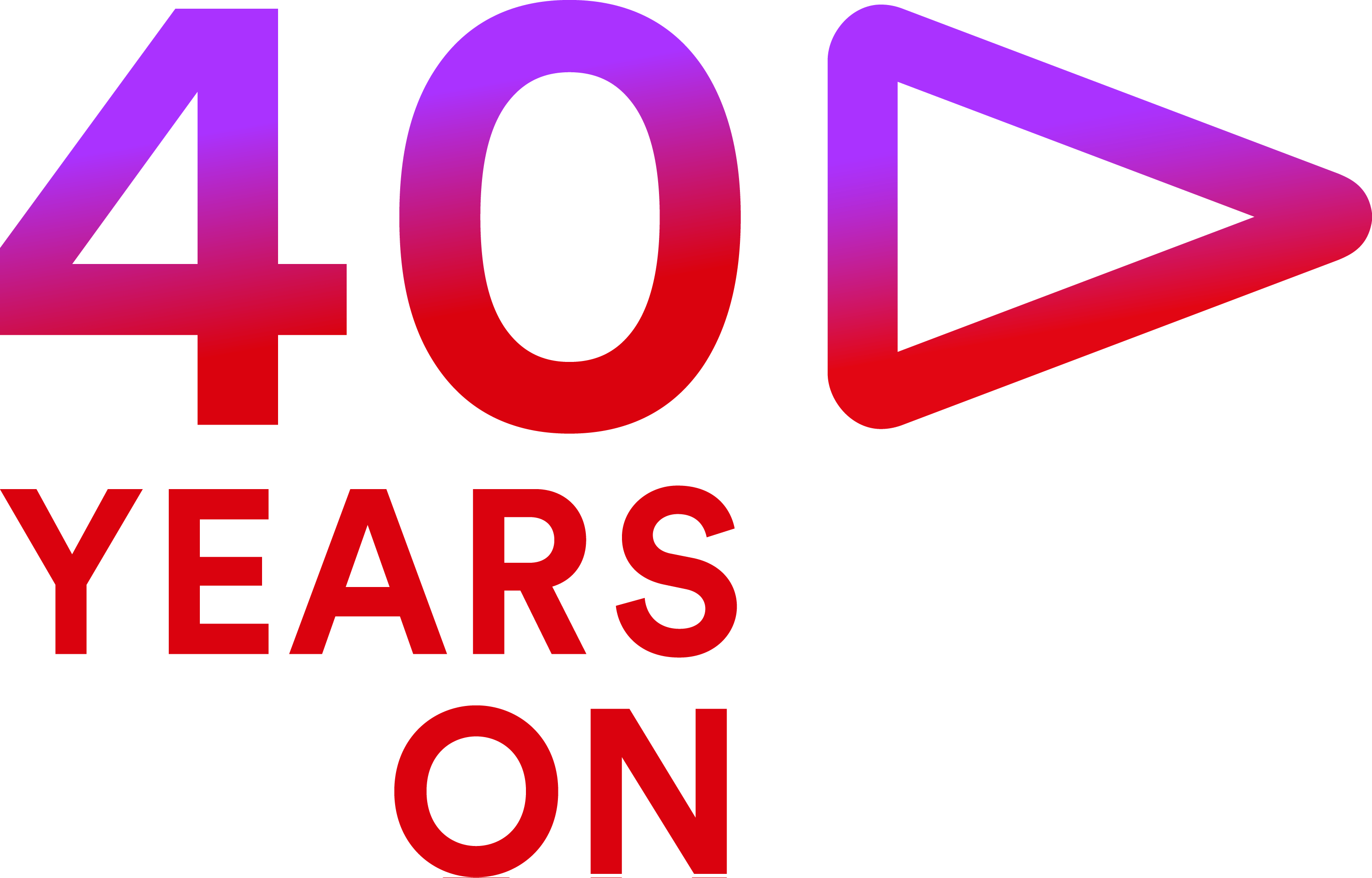Berlin, 27 June 2022 - The Council of the European Union has agreed on its negotiating mandate on the planned European Media Freedom Act (EMFA). From the point of view of VAUNET, the umbrella organisation of private media in Germany, this agreement shows some progress compared to the initial draft of the European Commission but key problems remain unsolved.
In the upcoming trilogue negotiations between the Commission, the Parliament and the Council, further substantial improvements are necessary for the EMFA to effectively strengthen media freedom and media pluralism in Europe. VAUNET advocates that established media regulations in Germany or other Member States should not be impaired in their function of ensuring pluralism.
Claus Grewenig, Chairman of VAUNET and Chief Corporate Affairs Officer of RTL Germany: „We support the objective of the European Media Freedom Act to strengthen diverse, non-state-affiliated and independent media offerings in Europe. The mandate of the Council of the European Union is an important step towards the European Media Freedom Act. Now it is up to the European Parliament to advance a practical proposal that takes sufficient account of the specifics of the primarily national, regional and local media markets and the functioning of the media systems in the Member States. This also includes a clear normative establishment of respect for existing rules on the protection of pluralism in the Member States. Alongside the economic aspects of the media, their cultural, opinion-forming and democracy-strengthening significance must always be kept in mind.”
Although the Council’s proposal has brought concrete improvements compared to the Commission’s proposal, VAUNET sees further need for improvement. This concerns in particular the regulations on the assessment of mergers in the media market, on ensuring editorial independence, on professional journalistic content on very large online platforms and the envisaged new European Media Services Board.
The Council text more clearly separates the requirements for media concentration assessments from antitrust proceedings. This could partially reduce the risk of additional parallel procedures, to which VAUNET has drawn attention. However, the proposal still contains considerable legal uncertainties – for example regarding the assessment criteria and the inclusion of big-tech platforms in the scope. It also does not consistently follow through with the welcomed strengthening of national supervisory authorities that has already begun.
It should also be corrected that the very large platforms should have far-reaching powers according to the Council to remove journalistic-editorial content based solely on their terms and conditions. Although a grace period for comments is provided for, an objection would remain without consequences. More procedural safeguards for content providers are needed here.
Improvements are also needed, for example, in provisions to ensure editorial independence. VAUNET is convinced that state intervention in the internal structures of media companies is not appropriate, where editorial independence is already largely guaranteed. The Council’s text is not clear on where to draw the line between editorial independence and the „establishment of an editorial line“ granted to media owners.
In addition, despite some adjustments, the necessary independence of the planned supervisory body at EU-level does not seem to be sufficiently guaranteed due to its connection to the European Commission.


